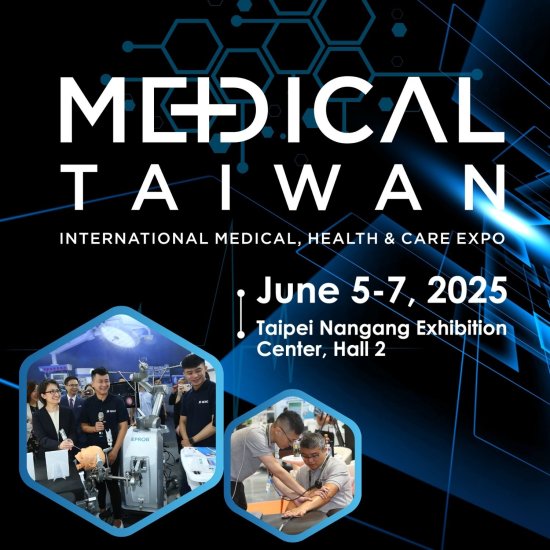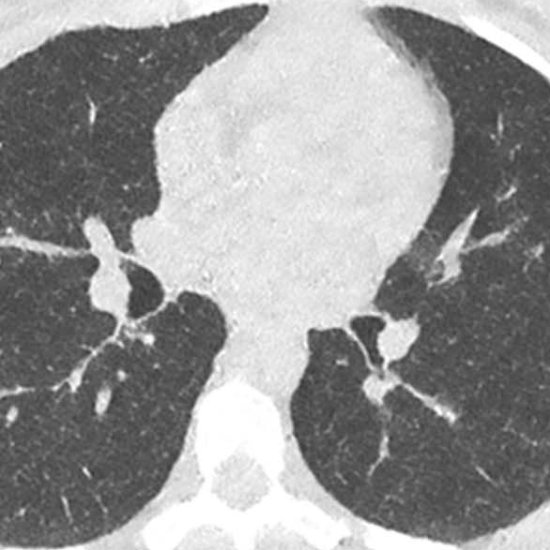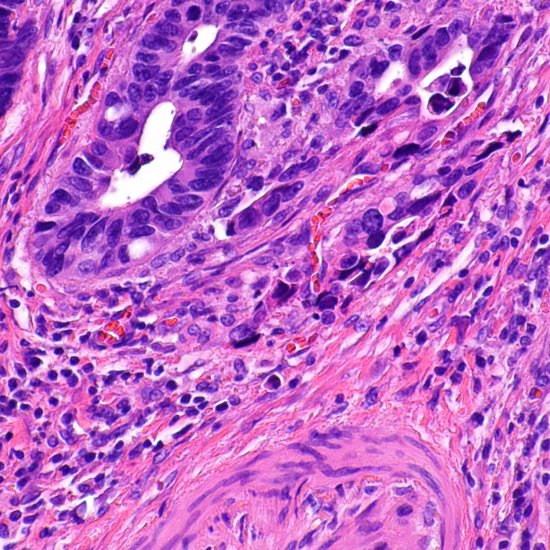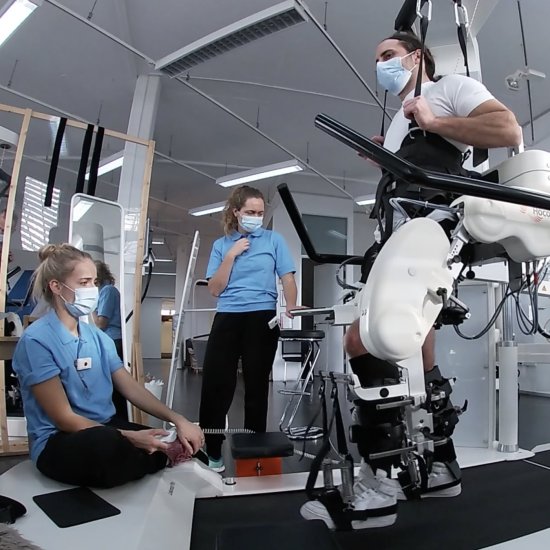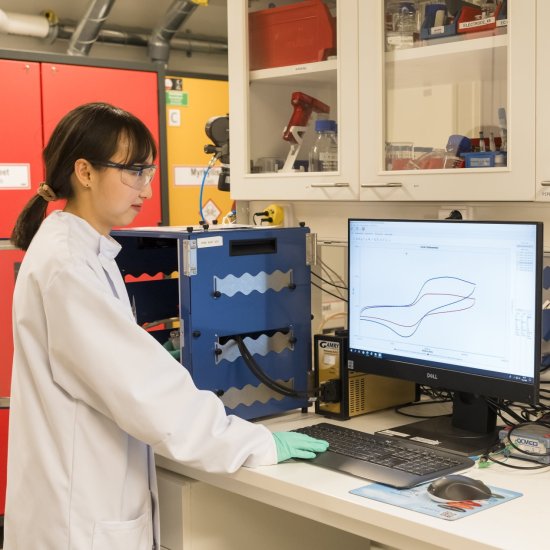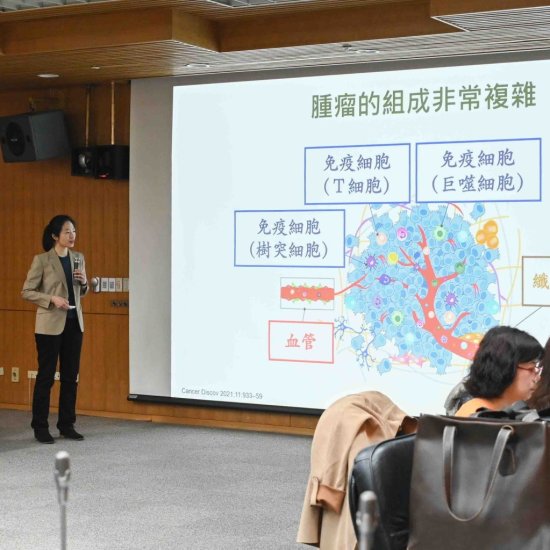
|
|
Cryoablation emerges as a promising alternative to conventional lumpectomy for low-risk early-stage breast cancer, reducing invasiveness while effectively targeting malignant cells. Our newsletter also delves into the role of deep learning in enhancing pneumonia diagnosis through ultra-low dose CT scans. Additionally, we explore the innovative approach of liquid biopsy in minimizing chemotherapy for colon cancer patients, offering a less intrusive treatment option. Enjoy reading!
|
|
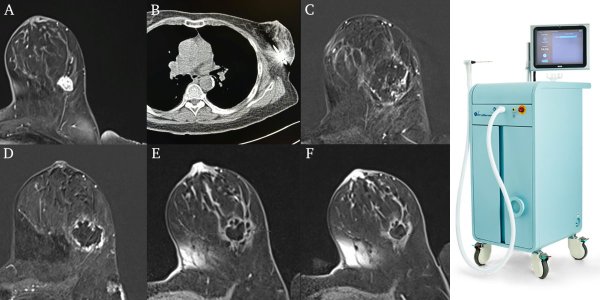 |
Article • Freezing cancer cells
Cryoablation, the destruction of malignant cancer cells by freezing them, is increasingly becoming an alternative to having conventional lumpectomy for patients diagnosed with early-stage, localised, low-risk breast cancer. Findings from numerous ... |
Video • International Medical, Health & Care Expo
Medical Taiwan 2025, organized by TAITRA, will take place from June 5 to 7 at the Taipei Nangang Exhibition Center (TaiNEX 2). As a leading event in Asia’s medical and healthcare sectors, the exhibition’s theme, “Innovating Wellness,” will ... |
|
Sponsored • Esaote’s approach to innovation
For Esaote, a leading Italian innovator in medical imaging - ultrasound, dedicated magnetic resonance and medical IT - the mission is to develop new technologies that can help advance diagnosis and improve patient care. Esaote has always leveraged ... |
|
News • Imaging immunocompromised patients
To reduce the radiation exposure for patients undergoing frequent CT scans for pneumonia diagnosis, deep learning-based denoising of ultra-low dose CT presents a viable alternative. |
|
News • Circulating tumor DNA analysis
For patients, a liquid biopsy which checks for circulating tumour DNA of colon cancer, resembles a standard blood test. However, the method helps avoid chemotherapy for many, a new study finds. |
|
News • Behavioural intervention study
Screening for colorectal cancer has proven effective for reducing mortality, but response rates are lacking. A new study finds that putting on the pressure can provide the necessary encouragement. |
|
News • Study explores effects on immune system
A new study examining the effects of sleep patterns and shift work on the immune system has found that sleep debt and night shifts increase the risk of several common infections in nurses. |
|
News • Potential to enter human circulation through infusion
A new analysis of commercial IV fluid bags reveals that they often contain microplastics that, upon infusion, would enter the recipient’s bloodstream and potentially cause negative health effects. |
|
News • Neuroprosthesis research
A new system that seamlessly integrates an implanted spinal cord neuroprosthesis with rehabilitation robotics delivers well-timed electrical pulses to enhance mobility and foster long-term recovery. |
|
News • Electrochemical biosensing
Researchers have succeeded in producing sensors from single-wall carbon nanotubes that are suitable for detecting even minute changes in specific substances in the body, such as female hormones. |
|
News • Intrinsic electrical activity drives cancer progression
New research reveals that self-generated electrical activity of small cell lung cancer (SCLC) directly promotes tumor metastasis and progression. This may provide new avenues for future treatments. |
|
News • Actionable genetic variants
A research project investigating the genetics and health of volunteers from the Hebrides, Shetland or Orkney shows how distinct genetic populations can benefit from tailored screening programmes. |
|
|
|
| |
You are receiving this email because you subscribed to our newsletter on healthcare-in-europe If you don’t want to receive this newsletter anymore, click here to unsubscribe.
Keep up-to-date on the latest news from all hospital-related fields!
Subscribe to our bi-monthly newsletter. Copyright © 2026 mgo fachverlage GmbH & Co. KG.
All rights reserved. E.-C.-Baumann-Straße 5, 95326 Kulmbach, Germany
email: newsletter@european-hospital.com |
|



|
|


